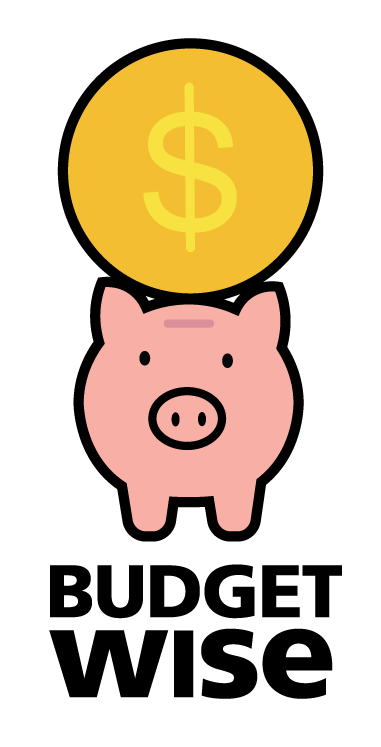
Financial expert Neale Godfrey and Shannon McLay, CEO of the NYC-based personal financial planning service Financial Gym, offer tips on what you need to have in your “toolbox” to build a budget that works for you.
Draft Up a Plan
Write down your goals. Think about the short term (a new car, student loans, vacations, a rainy-day fund), then think about the long term (buying a house, your kid’s college fund or retirement). How much money will you need to accomplish those plans? “Put a price tag in today’s dollars next to each item. Then figure out how many years you will need to save for that,” says Godfrey.
Take Measurements
Use an online budgeting calendar or crunch the numbers yourself. When diving into the figures, McLay advises to start with your net monthly income – aka your take-home pay after taxes and deductions. Factor in fixed expenses such as rent and mortgage, debt payments and utilities. Then, determine savings and debt repayment goals and spend what is left over. You may find that you need to earn more.
Find Tools That Work for You
From apps to handwritten spending journals, envelope systems or spreadsheets, how you choose to keep track of your money is a personal preference. “Don’t be afraid to experiment with different options until you find one that works for you,” McLay said. “I usually recommend clients give budgeting methods at least a month if not a whole quarter before they decide if it’s for them.”
Keep a Motivator Close By
To resist temptations like online shopping that might upset your budget, Godfrey suggests keeping a picture of your goal nearby, such as a school photo of your child as a phone screensaver. “A quick glance at your phone might be a gentle reminder that a cool outfit will not get you closer to your goal of dancing at your child’s college graduation.”
Get to Work
Budgets fail for a variety of reasons, but McLay finds that a common fault is setting goals that are too ambitious. If you want to make meaningful progress, remain realistic about your income and expenses, and be accountable for your spending habits.
This article has been updated and republished from a previous version.














